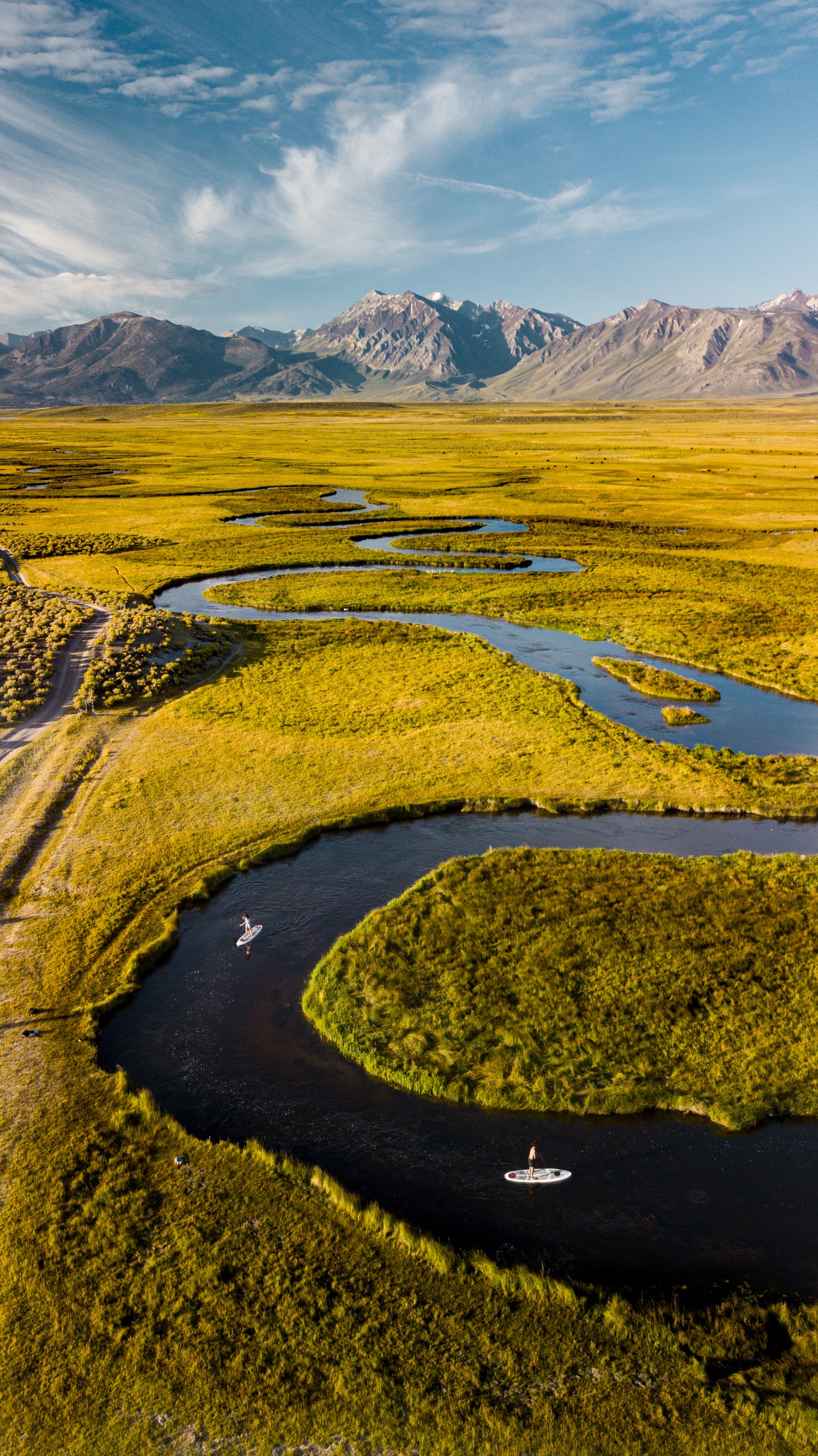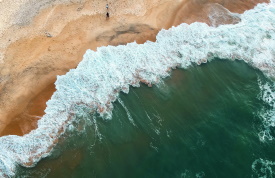The Park District of Highland Park works with many partners to maintain and nurture its designated natural areas, all 350 acres of them. Working with other agencies, including the Shedd Aquarium, the Chicago Botanic Garden, Lake-Cook Audubon, and local school districts, builds a shared understanding that guides the management of our natural areas.
The Park District was among the first to participate in a citizen science project launched in 2017 by the Shedd Aquarium’s research team in collaboration with the Lake Superior National Estuarine Research Reserve and the University of Wisconsin-Madison Center for Limnology. The Shedd started the project to increase their understanding of the local impacts of climate change and contribute to the natural history of Great Lakes fish.
The Park District provided initial observations with three of 17 monitoring sites located in Highland Park. Their staff and volunteers join others throughout the Lake Michigan and Lake Superior borders in Wisconsin and Michigan. “We work with scientists at the Shedd to track migratory fish that are moving out of Lake Michigan into the Ravine streams that are tributary to the lake,” says Rebecca Grill, natural areas manager for the Park District. “Seeing the results from the other sites gives us a sense of what is happening on the larger scale and over time.”
The Park District is also a longtime partner in the Chicago Botanic Garden’s Plants of Concern program. The project was launched in 2001 to monitor rare, threatened, and endangered plant populations. “The Park District can effectively and proactively protect our ecosystems and better manage our rare plant populations with the information gathered,” says Grill.
The Park District also helps record the migratory and resident birds that use the lakefront in collaboration with Lake-Cook Audubon, the local chapter of the Illinois Audubon Society.
One of the Park District’s most rewarding partnerships has been with local school districts for the “Trout in the Classroom” program, a collaboration between the Park District, North Shore School District 112 and 113, Highland Park High School Environmental Science students, the Gary Borger Chapter of Trout Unlimited, Heller Nature Center staff, and our own Natural Areas Program.
“Trout in the Classroom” culminates in fish release events, at which students release rainbow trout they’ve raised in their classrooms into select ravine streams. One of the program’s hopes is that once they reach maturity, the fish will return to the ravines to spawn, indicating that they are a healthy wildlife habitat.
What makes these partnerships so important, according to Grill, is that by collecting and sharing information regionally, we create a more comprehensive picture of what is happening long term. It is also a chance for Highland Park to highlight our community’s unique natural habitats. “These regional connections are an important tool in decision making to keep our natural areas healthy and protected,” she says.








